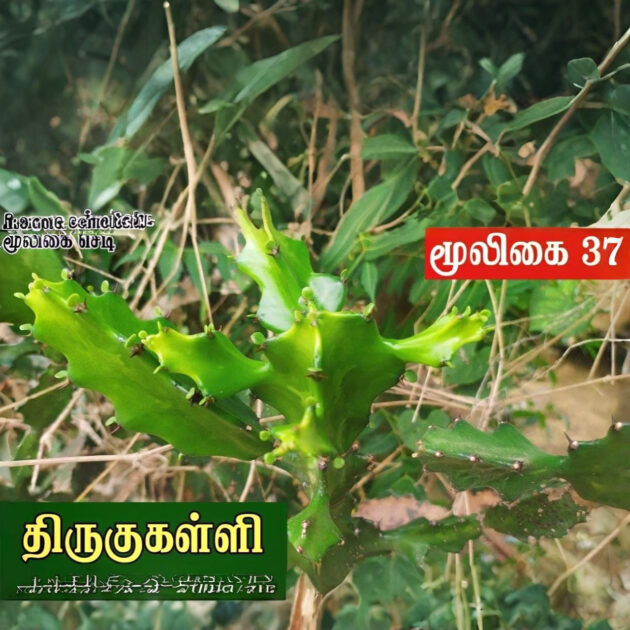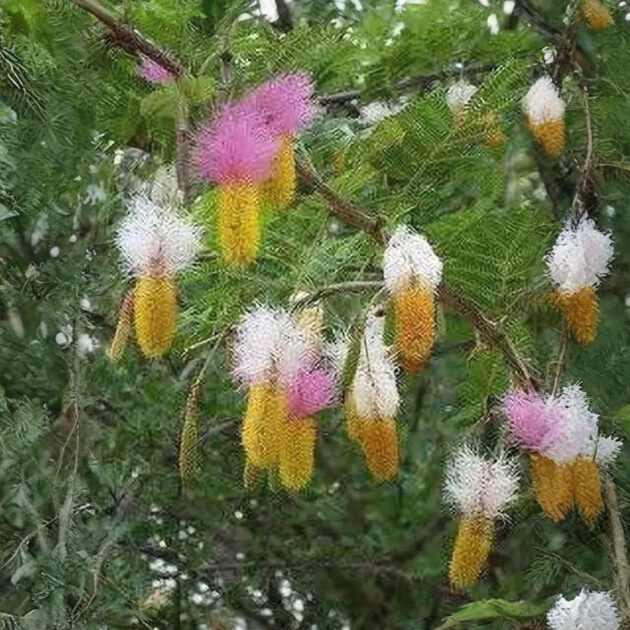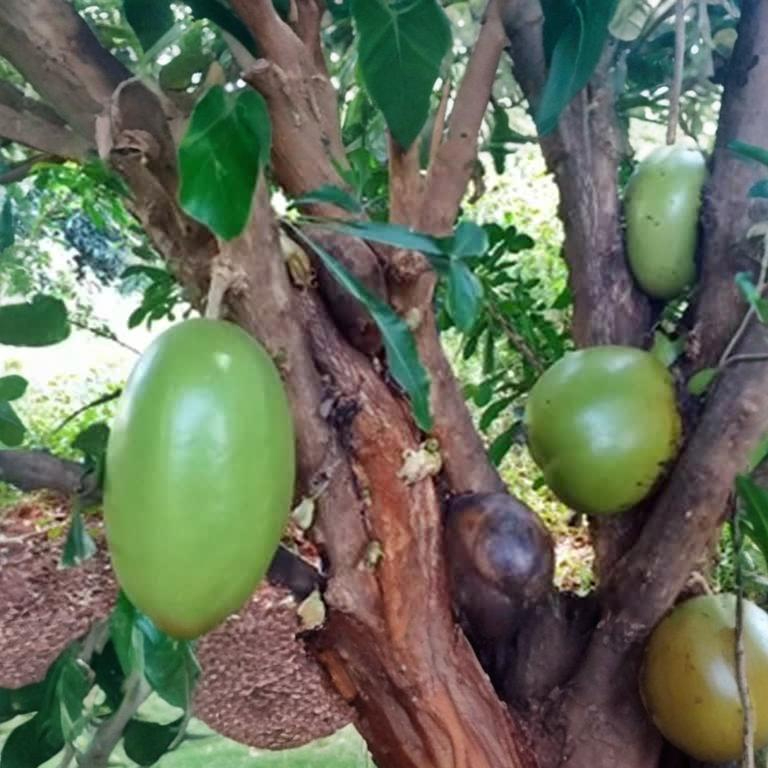

Thiruvodu plant
₹499.00 Original price was: ₹499.00.₹309.00Current price is: ₹309.00.
Details:
The Thiruvodu tree (Mimusops elengi) is a beautiful, fragrant flowering tree that is appreciated for its ornamental value, medicinal properties, and cultural significance. It is well-suited for tropical and subtropical climates, providing shade and visual appeal with its dense foliage and sweet-smelling flowers. Its versatile uses in traditional medicine and its aesthetic qualities make it a valuable tree in various parts of Asia, particularly in India and Sri Lanka.
Description
The Thiruvodu plant, commonly known as Mimusops elengi or Spanish Cherry, is a flowering tree native to South Asia and Southeast Asia, including India, Sri Lanka, and parts of Southeast Asia. It is often grown for its ornamental value and aromatic flowers. In Tamil, it is known as Thiruvodu and is revered for its beautiful blossoms and its cultural significance.
Scientific Name:
- Mimusops elengi
Common Names:
- Thiruvodu, Spanish Cherry, Malay Apple, Jungle Grapes, Pala (in Hindi)
Description:
- Size: The Thiruvodu tree is a medium to large evergreen tree that can grow up to 15–25 meters (49-82 feet) in height. It has a dense, rounded canopy, making it a great tree for providing shade.
- Leaves: The leaves of the tree are glossy, dark green, leathery, and elliptical in shape. They are simple, with smooth edges, and arranged alternately along the branches.
- Flowers: The flowers of the Thiruvodu tree are one of its most striking features. They are fragrant, creamy-white to pale yellow, and star-shaped, with long slender petals that give them a delicate, elegant look. The flowers bloom in clusters and have a lovely sweet fragrance that attracts bees and butterflies.
- Fruit: The fruit of the Thiruvodu tree is a small, round, or oval drupe that turns yellow-orange when ripe. It has a sweet, mild flavor and is edible but not commonly consumed. The fruit is also sometimes used in traditional medicine.
- Bark: The tree has a rough, dark brown bark, which is slightly fissured.
Habitat:
- Native Region: The Thiruvodu tree is native to tropical and subtropical regions of Asia, including India, Sri Lanka, and parts of Southeast Asia.
- Growing Conditions: The tree thrives in well-drained, fertile soils and prefers areas with moderate rainfall. It is commonly found in forests, roadsides, and parks. It requires full sunlight for optimal growth and can tolerate some drought once established.
Medicinal and Other Uses:
- Medicinal Uses: Various parts of the Thiruvodu tree, such as the bark, leaves, and fruit, have been used in traditional medicine for a variety of purposes. Some of its medicinal uses include:
- Anti-inflammatory: The bark and leaves have anti-inflammatory properties and are sometimes used in treating conditions like arthritis.
- Antibacterial and Antifungal: Extracts from the tree are believed to have antimicrobial properties, often used in treating infections and wounds.
- Digestive Aid: In some cultures, the fruit or parts of the tree are used to aid digestion and alleviate stomach issues.
- Cultural and Religious Significance: In some regions, the Thiruvodu tree is considered sacred and is planted near temples. The fragrant flowers are often used in religious rituals, especially in South India. The tree is associated with positive energy and spiritual well-being.
Ornamental Use:
- The Thiruvodu tree is often planted as an ornamental tree due to its beautiful flowers and dense canopy. It is commonly used in parks, gardens, and along roadsides to enhance the aesthetic appeal of public and private spaces.
- The tree is also popular for its fragrant flowers, which are a highlight in spring or early summer.
Care and Cultivation:
- Sunlight: The Thiruvodu tree requires full sunlight for optimal growth and flower production. It should be planted in a location where it will get at least 6 hours of direct sunlight per day.
- Watering: While the tree is relatively drought-tolerant once established, it benefits from regular watering during dry spells. It does best in moderately moist soil.
- Soil: The Thiruvodu tree prefers well-drained, fertile soil. It can grow in a variety of soil types but thrives in slightly acidic to neutral pH levels.
- Temperature: Being a tropical plant, the Thiruvodu tree requires warm temperatures to grow well. It is not frost-tolerant and will not survive in cold climates.
Pruning and Maintenance:
- Pruning: The tree does not require heavy pruning but can benefit from occasional thinning to improve air circulation. Pruning can also be done to shape the tree and remove any dead or damaged branches.
- Fertilizing: The Thiruvodu tree may benefit from occasional fertilizing with a balanced fertilizer to support healthy growth, especially in nutrient-poor soils.
Fruit and Seed:
- Fruit: The small, round fruits are edible but not commonly consumed due to their mild taste. The fruit can be eaten raw or used in local dishes, but it is not typically a staple food.
- Seed: The seeds from the fruit are hard and not commonly used, though they could potentially be propagated for planting.
Environmental Impact:
- The Thiruvodu tree is beneficial for the environment as it provides shade and helps improve air quality. It is often planted in urban areas for aesthetic and environmental purposes. However, it should be planted in areas where it has enough space to grow, as it can become large over time.



Mellissa –
I have been surfing on-line more than 3 hours these days, yet I
by no means found any interesting article like yours. It is lovely price sufficient for
me. In my opinion, if all site owners and bloggers made excellent content material as you did, the net can be much more
useful than ever before.
Also visit my webpage – download youtube pc (ytdfp.com)